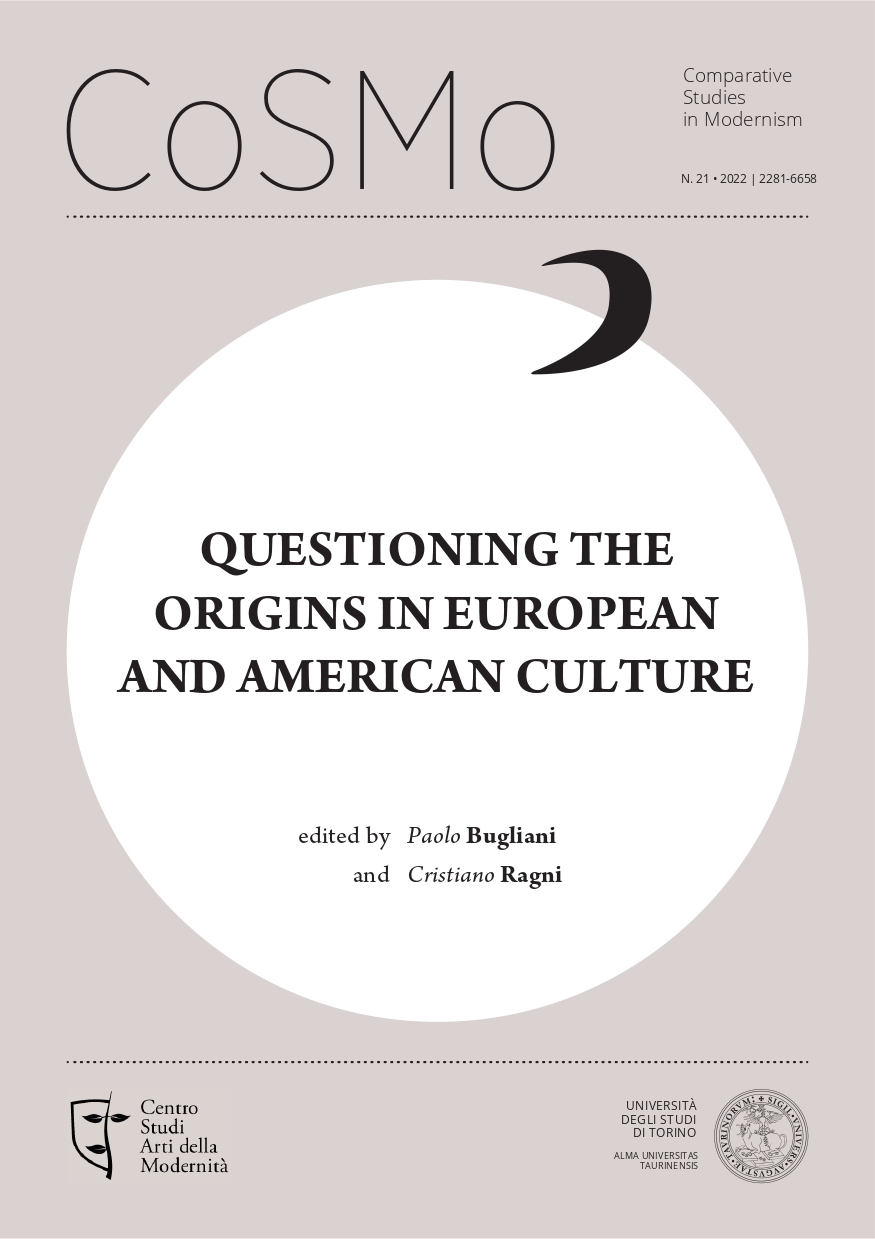The Genesis of Latvian Literary Culture in the Context of European Literature
DOI:
https://doi.org/10.13135/2281-6658/6642Parole chiave:
Latvian Literary Culture, Popular Enlightenment, Revolution of Reading, Handwritten Literature, Romantic Nationalism, Urban ModernityAbstract
This paper traces the main transformations in the formation of Latvian literary culture during the eighteenth and nineteenth centuries. Looking at these processes from a comparative perspective, we detect four major turning points that are of special interest here. First, we observe how religious literature turns secular during the second half of the eighteenth century in the context of the Popular Enlightenment, and what this change means for the perception of written texts. Secondly, we scrutinize the process in which former readers among ethnic Latvians become interested in writing. Thirdly, we put the dawn of romantic nationalism in Latvian literary contexts into comparative perspective. Finally, we argue that the representation of urban life at the end of the nineteenth century testifies to the swift rise of Latvian literature overcoming the constraints of belated modernity and marking participation in European literary trends.
Downloads
##submission.downloads##
Pubblicato
Fascicolo
Sezione
Licenza
Gli autori mantengono i diritti sulla loro opera e cedono alla rivista il diritto di prima pubblicazione dell'opera, contemporaneamente licenziata sotto una Licenza Creative Commons - Attribuzione che permette ad altri di condividere l'opera indicando la paternità intellettuale e la prima pubblicazione su questa rivista.






